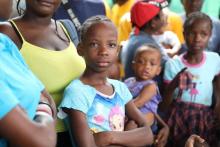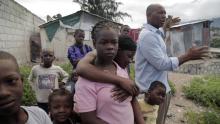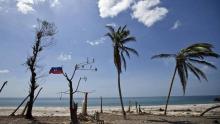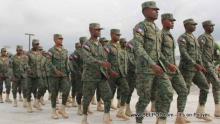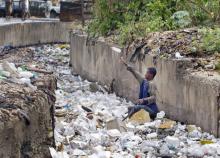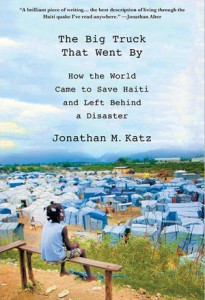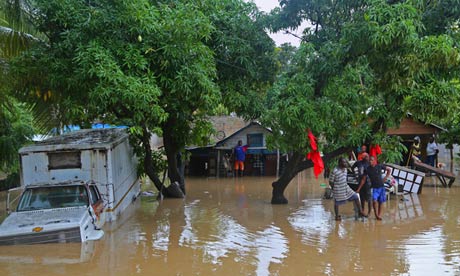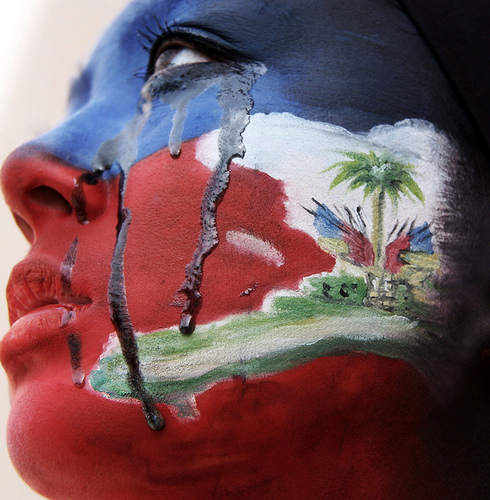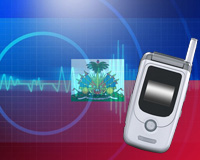Gangs, Hunger, Inflation: UN Convenes Special Meeting on Haiti
As the situation in Haiti continues to deteriorate, 5.2 million people are in need of humanitarian assistance. According to UNICEF, this includes almost 3 million children, the highest on record. Gang violence, food insecurity made worse by climate change, natural disasters, a lack of basic services, and disease outbreaks such as cholera together present major security, humanitarian, and development challenges for Haiti and the international community. Meetings have been called by the United Nations, CARICOM, and partner countries to urge increased support, without which it could yet become much worse. The full article by Miami Herald journalist Jacqueline Charles follows.
